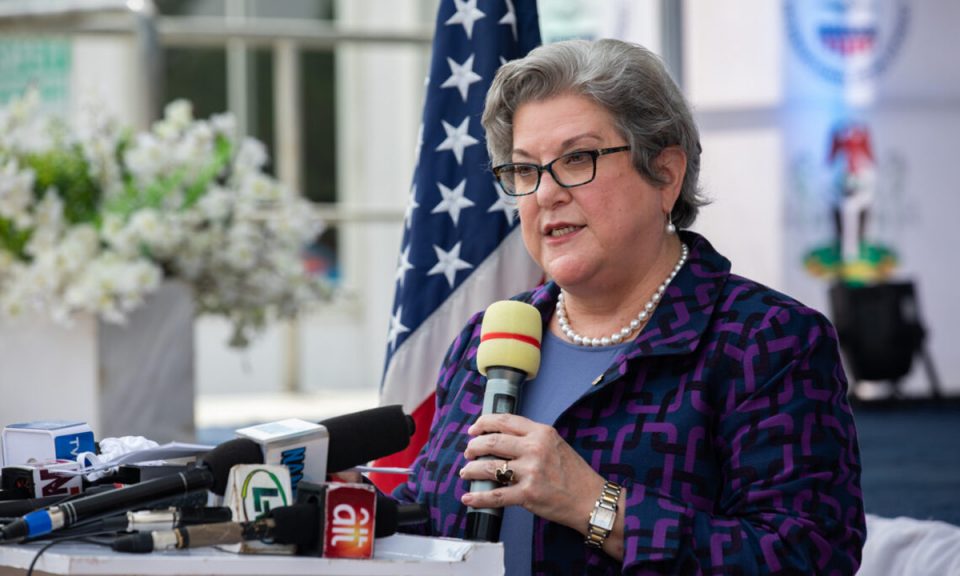Recent misleading posts on social media wrongly speculate on the origin of the current global outbreak of monkeypox disease, and supposedly call for World Health Organisation (WHO) to investigate so-called “U.S.-controlled laboratories” in Nigeria.
Such reports are pure fabrication. There is zero merit to any allegations regarding the use of U.S.-assisted Nigerian laboratories in the spread of monkeypox. Furthermore, there are no “U.S.-controlled” laboratories in Nigeria.
In a statement by the Information Specialist, Public Affairs Section, U.S. Consulate General, Lagos, Temitayo Famutimi, these falsehoods detract from the work that the United States, in close coordination with Nigerian and multilateral partners, accomplish together on public health, including in disease surveillance, diagnosis, prevention, and control.
The collaborative work between Nigeria and the United States has provided opportunities for technical assistance in capacity building, equipment, commodities/consumables, and funding to critical public health program, hospitals and laboratories. All of this contributes greatly to the prevention and amelioration of global disease outbreaks.
Famutimi noted that Monkeypox is not a new disease, nor is it unique to Nigeria or this region, having first been diagnosed in 1970 in the DRC. As we work together to contain spread of the disease, exported cases have been reported in the United Kingdom, United States, and other parts of the world.
The United States government continues to lend its support and work closely with the government of Nigeria in responding to the outbreak. Through our collaborative interventions, U.S. government agencies working in Nigeria (including the U.S. Centers for Disease Control and Prevention (CDC), United States Agency for International Development (USAID), and the Walter Reed Army Institute of Research Program) and their implementing partners have supported both national and state laboratories with technical assistance and funding. These laboratories are Nigerian, and U.S. support enables them to provide essential services for the public good and the health of Nigeria’s citizens. Especially important, our support to laboratories across the country extends to quality improvements that ensure they have appropriate levels of biosafety and biosecurity requirements in place.
We will continue to collaborate with the Nigerian government on the ongoing global monkeypox and COVID-19 outbreaks and intensify support to Nigeria in other areas on which we have proudly partnered over the years, such as HIV epidemic control, tuberculosis eradication, malaria elimination, prevention of vaccine-preventable disease, and enhancing food and nutrition.




